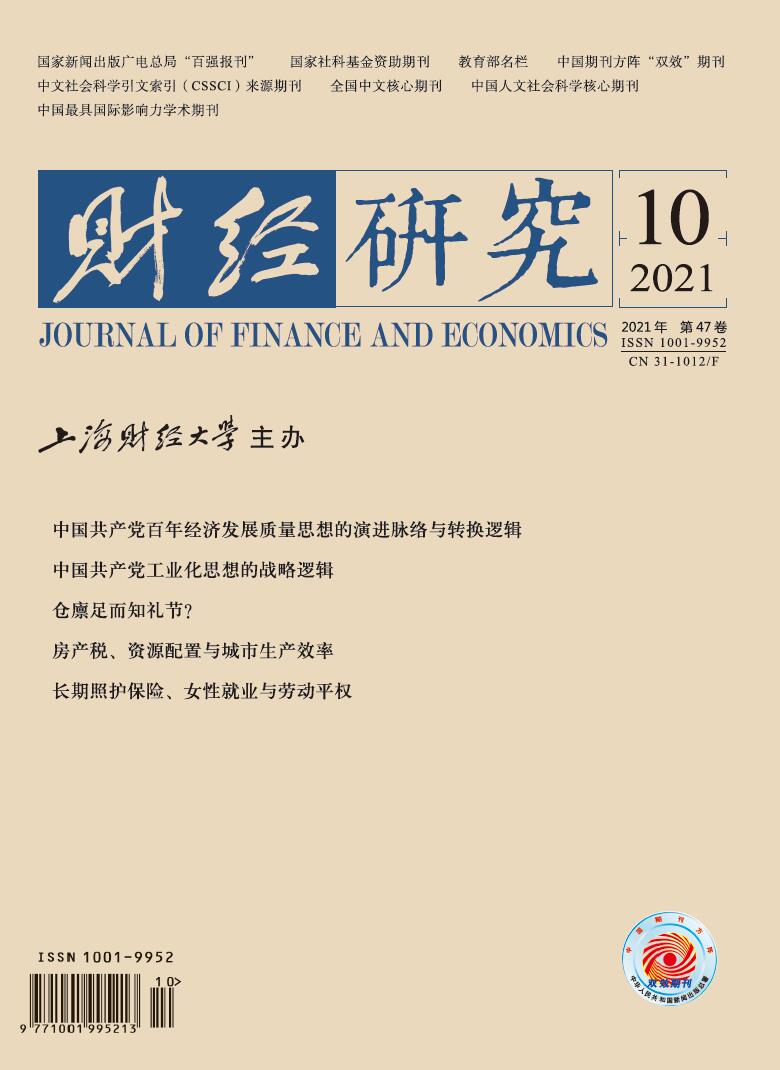Civil honesty, defined by telling the truth or reporting private information, is essential to many economic activities(Abeler, et al., 2019; Arrow, 1974). As to the determinants of civil honesty, for decades, economists assume that truth-telling decisions only depend on material benefit. However, several recent researches across economics, sociology, and psychology depart from this assumption, and posit that honesty’s formation is affected by the social environment(Kosse, et al., 2020). Just as Guanzi put forward: “Well fed, well bred.” The words are quoted and approved widely by Confucius and Sima Qian, and are consistent with Karl Marx’s arguments in his famous preface to “A Contribution to the Critique of Political Economy”.
In this paper, we aim to tackle these difficulties and deepen our understanding of how social environment or macroscopic factors affect individual truth-telling behavior. Our empirical strategy is threefold: Firstly, we develop four measures of the “(dis)honesty” based on behavior data from cross-societal anonymous die-rolling experiments conducted in 23 countries(Gächter and Schulz, 2016). Then, we use the average per capita GDP from 1990 to 2000 to measure the economic development(Gächter and Schulz, 2016), use the average executive constraints from 1990 to 2000 to measure the institutional quality, and use the individualism index given by Hofstede(2001)to represent the cultural factors. Due to the fact that experiment participants were young in 1990s and could not affect macroscopic factors, the reverse causality problem is avoided. Finally, we use several history, language, gene or geography based instruments to reduce the potential omitted variable bias.
Estimation results show that prosperity in 1990s has significant positive causality effects on current individual intrinsic honesty, which is consistent with the hypothesis we propose in our conceptual framework. And the effects of institution and culture are not significant, which is quite surprising and challenges the findings and views of some existing literature(Birkelund and Cherry, 2020; Gächter and Schulz, 2016). These results are robust with different models, different estimation methods, and more control variables. Besides, we propose and test some mechanisms through which economic development affects individual intrinsic honesty, such as individual norms of honesty, individual beliefs in fairness in others, social trust and respect(Tabellini, 2008), shadow economy, prevalence of rule violations, and income inequality.
Our results verify the hypothesis of Guanzi and Karl Marx and have important policy implications. Firstly, the policy that boosts the economy is also essential for promoting civil moral. Secondly, policy interventions that rely on voluntary compliance could be very successful, because the evidence suggests that lying is psychologically costly. Finally, we emphasize policy interventions should consider specific societal environment.






 5388
5388  6098
6098

